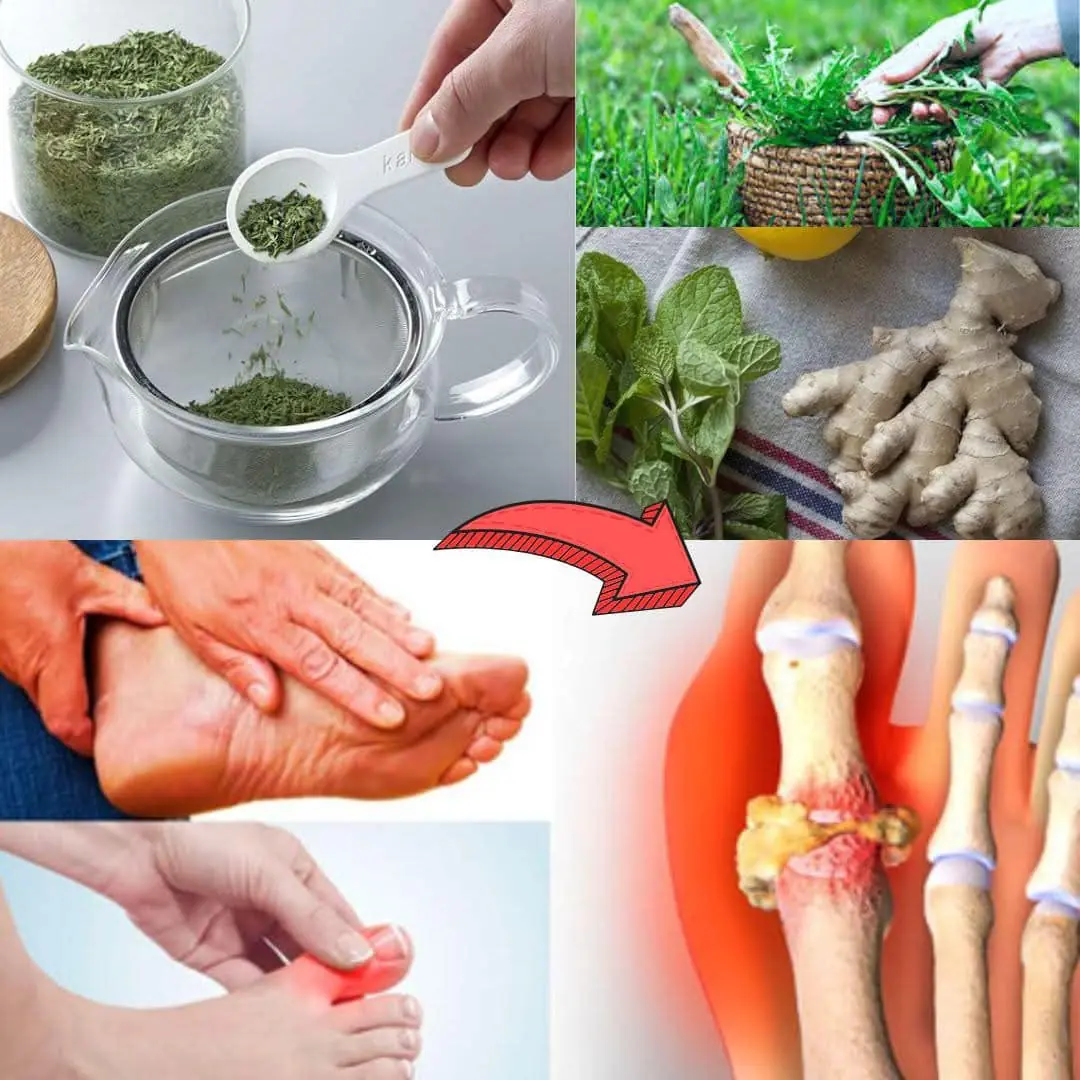
People Prone to Stroke Often Exhibit These 8 Traits
People Prone to Stroke Often Exhibit These 8 Traits: Take Action Even If You Have Just One
Stroke is commonly seen in these groups of people. Check to see if you fall into one of these categories!
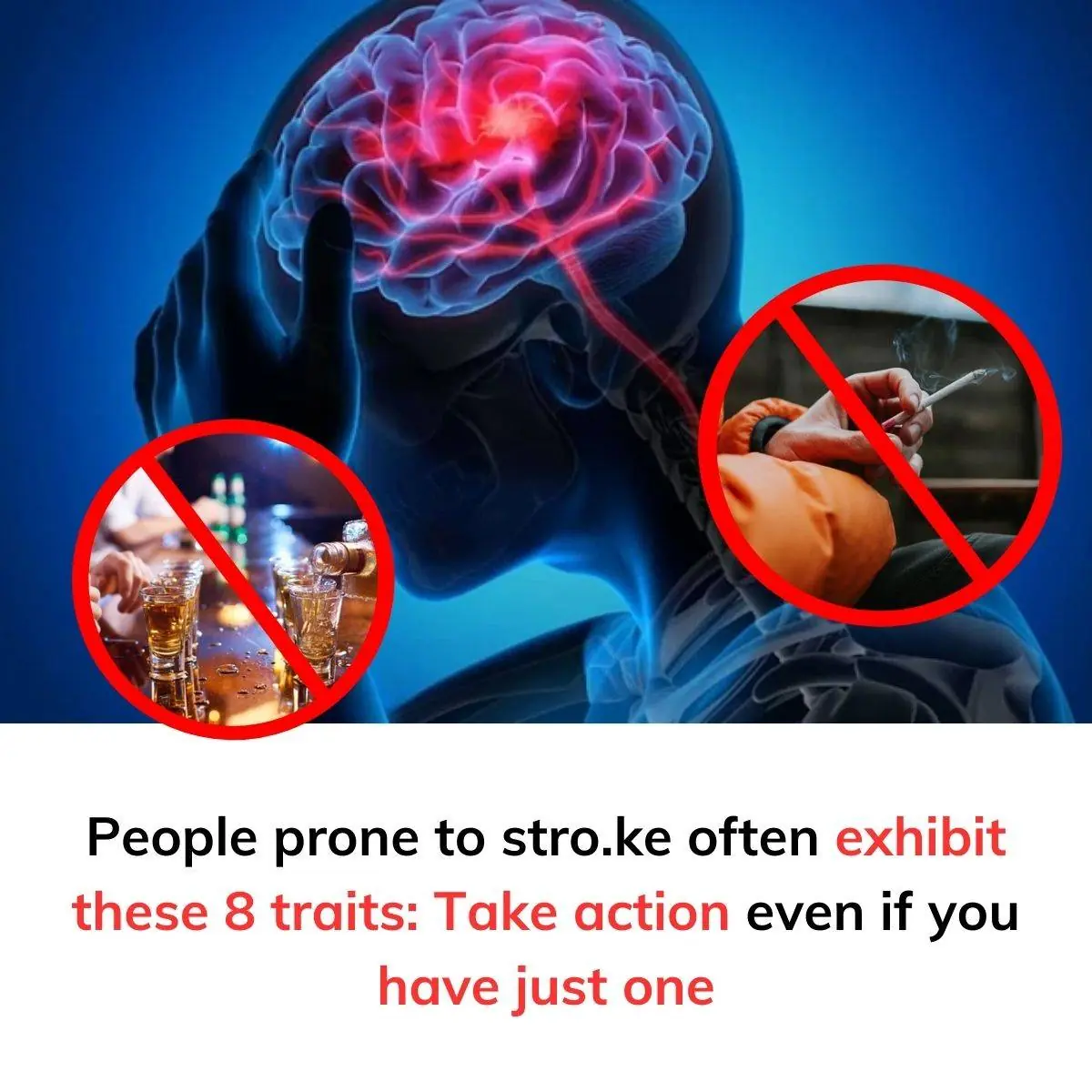
Stroke, also known as a cerebrovascular accident, occurs when underlying factors disrupt the blood flow to the brain. There are two primary causes of stroke:
- Blockage in cerebral blood vessels that prevents blood from flowing to and nourishing brain cells.
- Rupture of a blood vessel in the brain, causing a hematoma that compresses surrounding tissue and leads to insufficient blood supply to brain tissue.
Characteristics of People Prone to Stroke
People at high risk of stroke often exhibit the following traits:
-
High Blood Pressure According to the UK Stroke Association, high blood pressure can lead to stroke in various ways. Specifically, it can damage blood vessel walls, leading to the formation of blood clots. These clots can block blood vessels and cause a stroke. Additionally, high blood pressure may lead to hemorrhagic stroke.
-
Chronic High Blood Sugar Unstable blood sugar levels, chronic high blood sugar, or uncontrolled diabetes can damage blood vessels, increasing the risk of stroke.
-
Smoking Smoking significantly raises the risk of stroke. Certain toxins in cigarettes constrict blood vessels, increasing blood pressure. Others damage the lining of blood vessels, raising the likelihood of blood clots. Additionally, smoking reduces oxygen levels in the blood, potentially leading to ischemic brain damage and stroke.
-
Physical Inactivity Physical activity plays a crucial role in reducing risk factors for stroke, including high blood pressure, diabetes, high cholesterol, depression, and stress. According to the World Stroke Organization, physical inactivity is linked to 1 million stroke cases annually.
-
High Cholesterol High cholesterol is a leading risk factor for stroke. Excess cholesterol can accumulate in arteries, causing them to narrow and harden—a condition known as atherosclerosis. When these plaques rupture, they can form blood clots that block blood flow. If this occurs in arteries supplying the brain, it can cause a stroke.
-
Excessive Alcohol Consumption Overuse of alcohol can lead to high blood pressure and increased levels of bad cholesterol, both of which heighten the risk of stroke.
-
Obesity Obese individuals are more likely to have risk factors such as high cholesterol, high blood pressure, and diabetes, which are associated with stroke.
-
Transient Ischemic Attack (TIA) A TIA is a sudden onset of neurological symptoms caused by a small blood clot temporarily blocking a blood vessel. Symptoms of TIA resemble those of a stroke, including numbness on one side of the body, loss of speech, or decreased vision in one eye. Although the clot may dissolve, or the brain may adapt to the blockage, a TIA significantly increases the risk of a future, more severe stroke.
What to Do If You Have Stroke Risk Factors
If you fall into one of the eight categories above, it is crucial to closely monitor your health condition. Seek medical advice to receive proper care and management. Follow your doctor’s recommendations regarding diet, lifestyle, medications, and regular check-ups.
However, stroke can occur in anyone at any time. Therefore, maintaining a healthy lifestyle is essential, even if you do not belong to these high-risk groups. Regular health check-ups can help detect potential risk factors early.
News in the same category

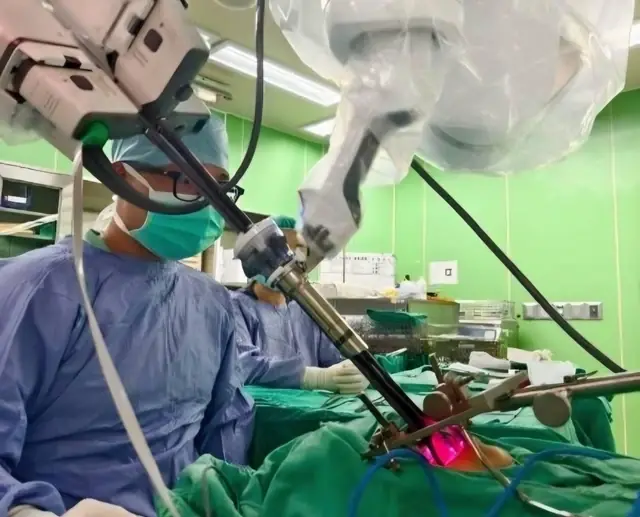
Late-Stage Can.cer Discovered Thanks to… Snoring During Sleep: The Woman Cried, “I Don’t Want to Lose My Voice!”
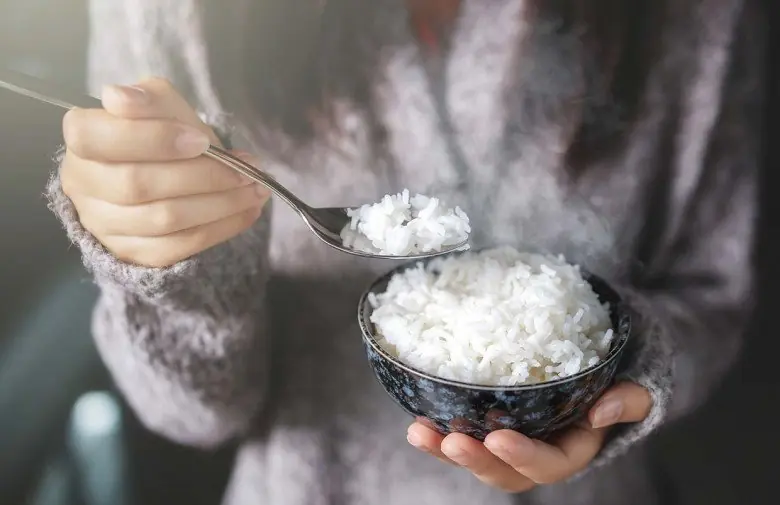
More and more people are dy.ing from diabetes. Doctors warn: In cold weather, it’s better to eat plain white rice than to keep doing these 4 things

7 signs that you should stop drinking coffee
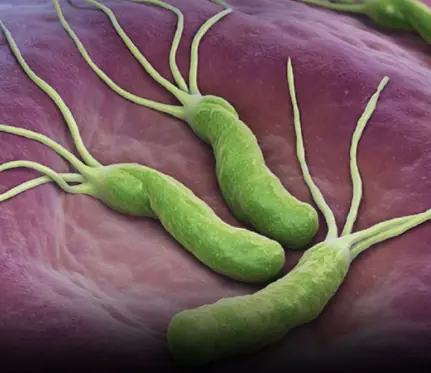
How to Treat H. Pylori (Helicobacter Pylori) Naturally Without Antibiotics

Depressing find at the bottom of the Mariana Trench is a warning to the world

From Causes to Cures: Everything You Need to Know About Fatty Liver

4 Clear Signs That Appear 15 Minutes Before a Stroke: Call for Immediate Help

4 warning signs from the appendix, do not ignore!
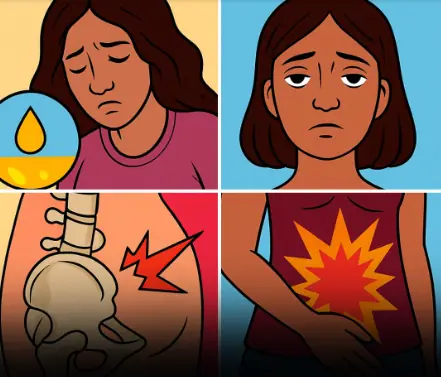
8 Unusual Signs That May Indicate Cervical Can.cer
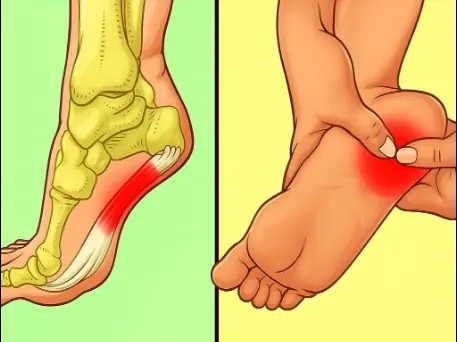
7 Powerful Exercises to Relieve Heel Pain and Treat Plantar Fasciitis Naturally
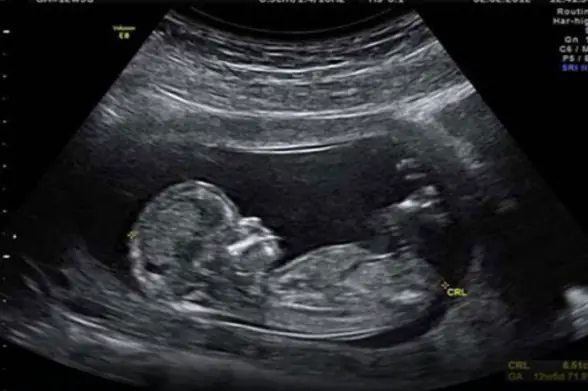
Scientists May Have Actually Found One Of The Causes Of Autism
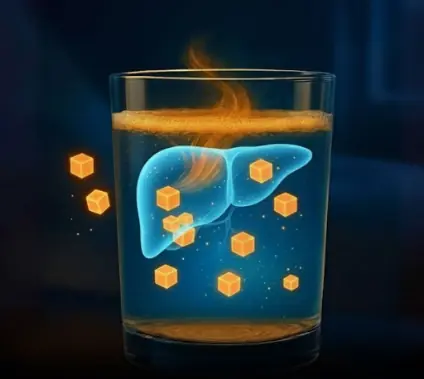
Don’t go to sleep without taking this — 1 cup before bed clears excess sugar

3 Ways to Stop Acid Reflux Naturally

The Reason You May Get Random Stabbing Pai:ns in Your Chest Explained

Nose Picking What This Taboo Habit Really Reveals About Us
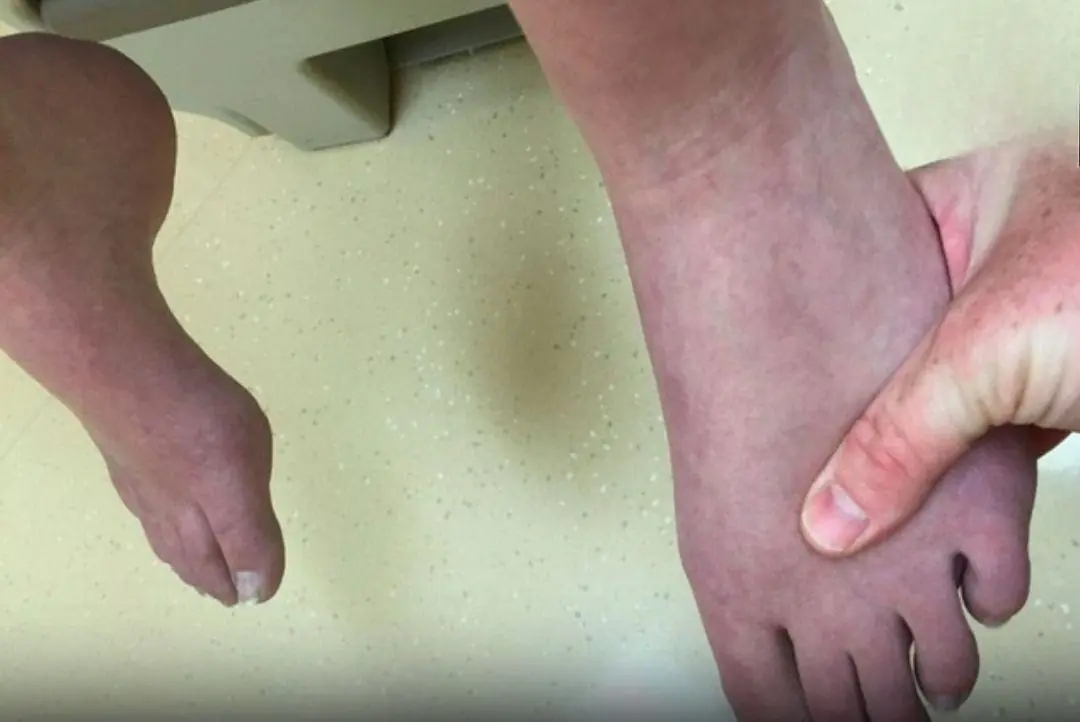
Those Mysterious Leg Bruises? They Might Indicate Dang.erous Diseases
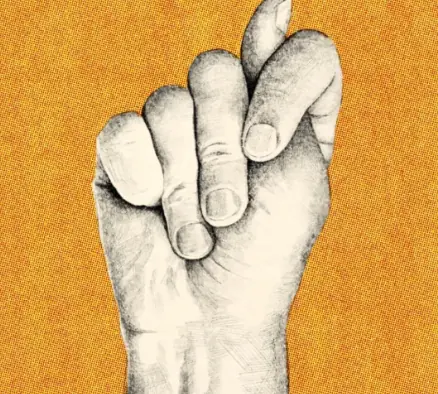
What does this gesture signify?
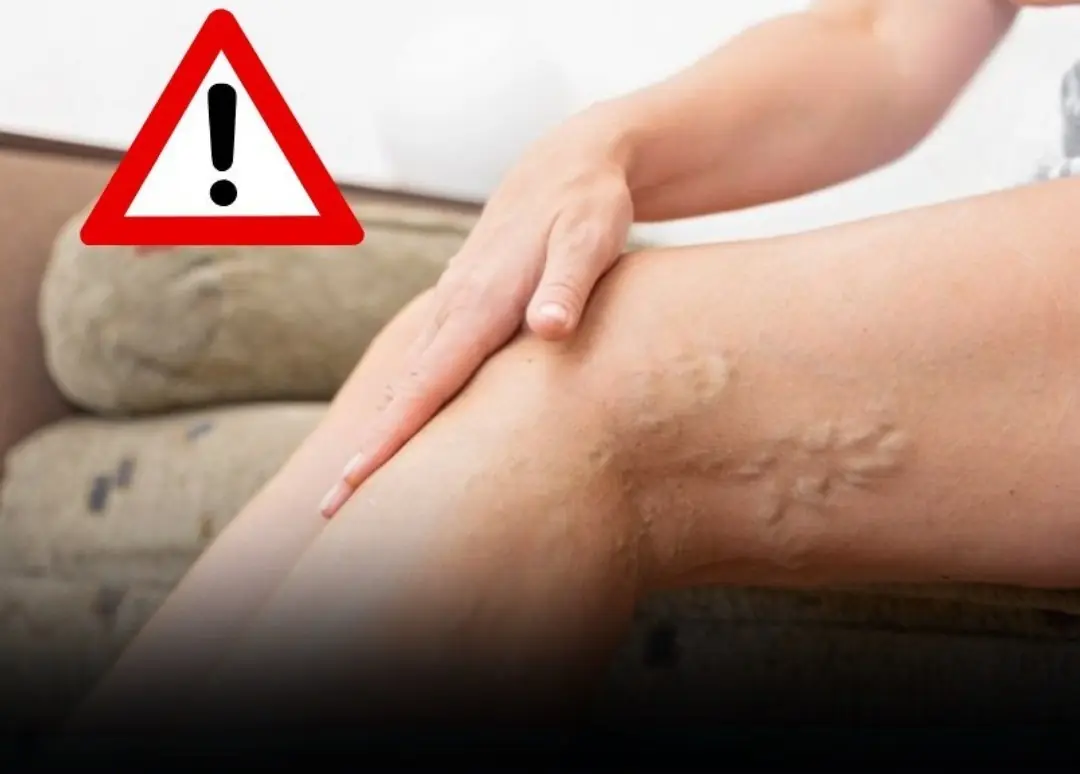
Early Cervical Cancer Clues? Don’t Ignore These 4 Foot Warning Signs
News Post

Drink This Tea, and You’ll Never Have Swollen Legs, Ankles, or Feet Again!

4 Types of Fish That Are Prone to Heavy Metal Contamination — Even Sellers Rarely Eat Them

Late-Stage Can.cer Discovered Thanks to… Snoring During Sleep: The Woman Cried, “I Don’t Want to Lose My Voice!”

More and more people are dy.ing from diabetes. Doctors warn: In cold weather, it’s better to eat plain white rice than to keep doing these 4 things

7 signs that you should stop drinking coffee

This One Superfood Could Tackle Major Health Issues—Here’s What You Need To Know

How to Treat H. Pylori (Helicobacter Pylori) Naturally Without Antibiotics

Depressing find at the bottom of the Mariana Trench is a warning to the world

From Causes to Cures: Everything You Need to Know About Fatty Liver

Electrical devices to unplug during storms, thunder, and lightning

4 Clear Signs That Appear 15 Minutes Before a Stroke: Call for Immediate Help

4 warning signs from the appendix, do not ignore!

8 Unusual Signs That May Indicate Cervical Can.cer

7 Powerful Exercises to Relieve Heel Pain and Treat Plantar Fasciitis Naturally

Scientists May Have Actually Found One Of The Causes Of Autism

Don’t go to sleep without taking this — 1 cup before bed clears excess sugar

3 Ways to Stop Acid Reflux Naturally

The Reason You May Get Random Stabbing Pai:ns in Your Chest Explained

Nose Picking What This Taboo Habit Really Reveals About Us
